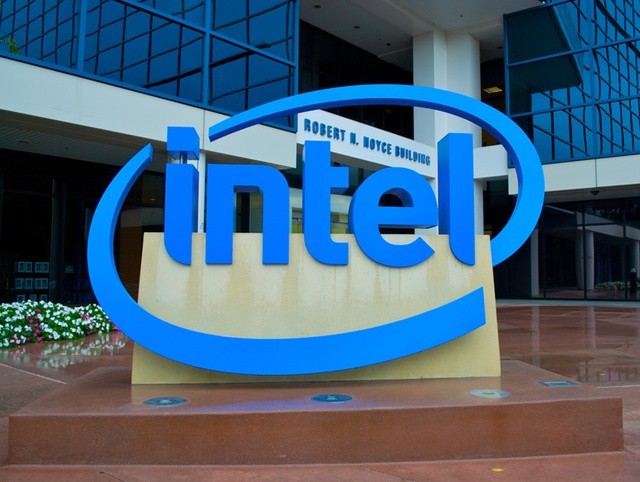Intel may be the biggest world’s biggest chip maker, but the company failed to cash in on the mobile technology craze. Staying focused on desktops and laptops where it had a near lock on general computing market, Intel missed out taking the lead in smartphones, tablets, and other mobile devices.
Now trying to play catchup, Intel has introduced its own ARM-competing tablets. The company is so confident (or arrogant) that it thinks it can make chips so compelling that Apple “can’t ignore” them for future iterations of the iPhone and iPad.
The statement, which seems as deluded as anything RIM executives have said over the past year, conveniently ignores the fact that Apple designs its own chips for iOS devices – and has been using its own chip designs (the A4, A5, and A5X) for nearly two and a half years.
Intel’s belief that it can convince Apple to use its chips in future iOS devices rather than Apple’s own custom-design options is absurd to say the least. It’s also a sign that Intel is scared that it will be left behind in the revolution of mobile computing.
One horrifying possibility for Intel is that, as Apple gains more market share and more experience designing its own silicon, it will stop buying Intel chips altogether. That may not be likely in the immediate future. But the possibility does exist and it would be a dramatic loss for Intel – and a pretty spectacular one given Apple’s popularity.
Still, that loss wouldn’t kill Intel. After all, the company still makes processors and other components for the majority of Windows PCs on them market be they desktops, notebooks, or tablets… except, of course, for Windows RT devices. Windows RT, formerly known as Windows on ARM, is a version of Windows 8 that can run on inexpensive ARM-based tablets. Microsoft is working hard to position Windows RT devices as iPad competitors for both consumers and business users. It’s a gamble given that many legacy apps won’t run on Windows RT devices, but it’s a gamble that could spell doom for Intel if it pays off.
In addition to talking big about Apple, Intel chief Paul Otellini recently called out Microsoft on its plans for Windows RT. While his arguments about legacy software are valid, they also seem to show a shadow of doubt over Inte’s future in the mobile market.
Even scarier is that companies like HP are bucking Intel’s commandments in the new ultrabook category. That’s a category of laptops that Intel either shepherded along or forced onto manufactures and the market depending on your point of view. Ultrabooks, envisioned by Intel as MacBook Air clones, have a very tight set of specifications and there have been rumors that Intel subsidized development and manufacturing efforts to bring the category into existence. The specs may have been too tight since HP has kicked the ultrabook label o the curb for some of its new netbook-like offerings to that the company refers to as sleekbooks. Not only did HP give up the ultrabook brand on some of its new offerings, it also gave up Intel processors in favor of AMD chips.
All in all, this shows Intel has reasons to be worried – but making dramatic claims like this aren’t likely to inspire much confidence that Intel can eventually win in the mobile space.
Source: Forbes


